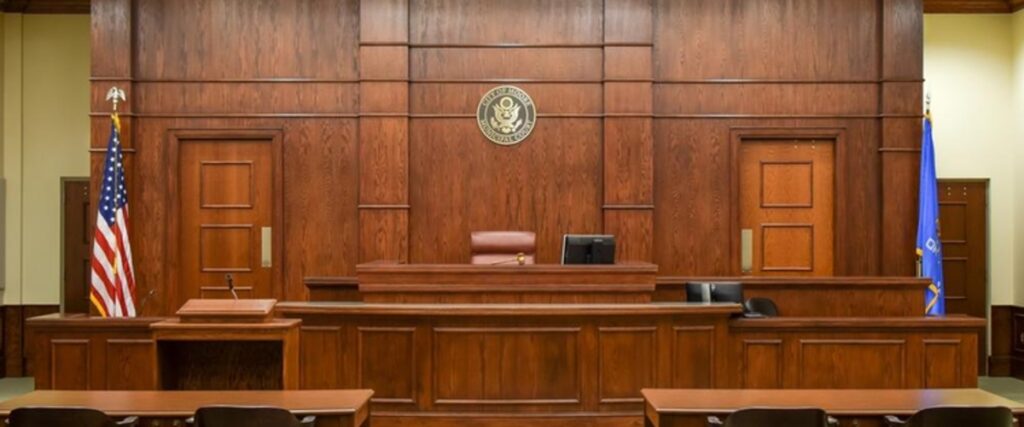
The judicial system can be confusing for anyone who has not spent their education and career studying the ins and outs of this government system. It is something I seem to learn more about every time it is brought up. I am sure I will continue to learn more about it as the years continue, especially since it is not my specialty. So what happens when one finds themselves in court? Every adult living in the United States should have a very basic knowledge and understanding of how the judicial system works. The best advice is to plan ahead. Go over everything, and be prepared. Keep in mind all the important topics and points needed to plead your case.
It may be hard if you are not comfortable with talking in front of crowds, but making your speech and talking points sound less rehearsed and more natural could also go a long way to pleading your case. Practice, practice, practice.
And above all, tell the truth! There will be facts to be checked, and oaths to be sworn to, bit make sure you are truthful. Do not fib, nothing good ever comes out of telling a lie.
John Da Broi
I think as you said every adult does have the basic knowledge purely because we as humans know right from wrong and I would like to think that we as people like to see the judicial system working and enforcing laws. When in court it is simply to tell the truth and those whose job is to judge will decide on the evidence and testimonies.
Alex Beaudouin
Hi Annalee,
Thank you for your blog. It is important to note that the specific process and procedures can vary depending on the jurisdiction and the nature of the case. It is important and advisable for individuals involved in the judicial system to seek legal representation to navigate the complex legal processes and protect their rights. Let’s not forget that if a party believes there were errors during a trial, they may file an appeal to the higher court. The appellate court then reviews the case for legal errors or procedural issues and may overturn or modify the original decision.
Sammy Rivera Munoz
Thanks for your blog Annalee. I agree that preparation is definitely key, going over every detail, understanding the important points, and practicing our arguments can make a huge difference when presenting our case. I personally would have a hard time since I am scared of crowds, but it shouldn’t be super hard as long as one is telling the truth (which you should).
Neveah Reese
Working in the criminal justice system, I have seen too often how many adults don’t know or understand the system. This is understandable, as it is multifaceted and complex. I believe that knowing your rights and having a basic idea of processes and such is very important to adulthood. Maybe something that should be taught in high school.
Christine Ryan
Thanks for your blog. I liked when they talked about how many judges are in reach court and how they have odd numbers to have a majority rule. How often are cases heard in the supreme court and what is the difference between all the different courts? I have very little knowledge of all the different courts’ work; this was very informative information we read.
Jaelynn Anderson
I completely agree with you. We should all know at least the bare minimum of how the justice system works. I think another tip that could help that you left out is to dress professionally. I know it seems small and it should be common sense, but I’ve seen people walk into court in sweatpants and a hoodie. That’s not how a person should represent themselves if they want to be seen as respectable and trustworthy. There are many other tips, but I think you nailed the basics!
Trinity Podbicanin
I feel it is very important for people to understand the basic knowledge of how the justice system works including social workers. Social workers play a significant role in helping those who are needing support when going through a hard time. Going through the court process can be long and hard on a person, and social workers help give support when needed. Sometimes, the case could involve a very sensitive matter such as criminal charges or custody of children, etc., and that could take a real toll on a person’s mental health. Sometimes, people need someone to confide in and help them through the hard times, and social workers can help with that. Social workers can sometimes have a hard time testifying in court on one of their client’s cases though. “Having to speak in court is almost always a nerve racking experience in and of itself, but when social workers must also balance the legal requirement to tell the truth while on the stand with wanting to do what is right for their client, the situation becomes even more tricky and potentially ethically ambiguous.” Social workers are very important in criminal justice, even if they primarily advocate and provide comfort.